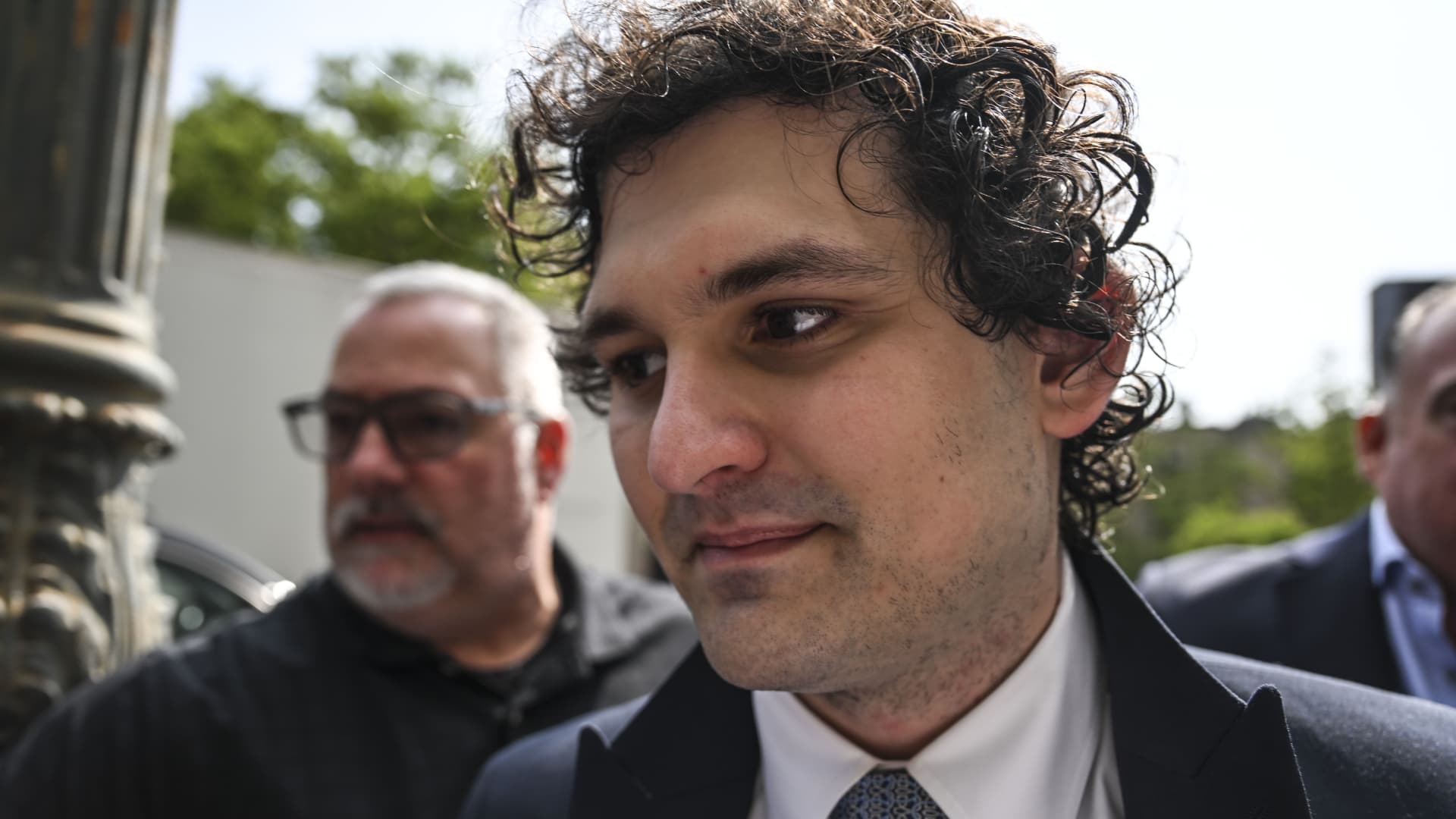Federal Reserve Chair Jerome Powell on Monday said he was grateful the injuries that former President Donald Trump suffered during an assassination attempt over the weekend were not more serious and that the event marked a “sad day for our country.”
“Political violence has no place in our society, and I condemn it in the strongest terms. I know we all do,” Powell said at an event at the Economic Club of Washington.
“I’m grateful that the injuries to the former president were not more serious.”
A 20-year-old gunman on Saturday wounded Trump in his right ear and killed a spectator when he targeted the former president with a high-powered rifle during a Trump campaign rally in Western Pennsylvania.
The gunman was killed by Secret Service agents, and Trump’s wounds were not life threatening. He is now in Milwaukee, Wis., to attend the Republican National Convention and receive the party’s official nomination as its candidate for the Nov. 5 presidential election.
Trump and Powell have a strained relationship, one that will get closer attention should Trump regain the White House.
Powell was first appointed to the Fed Board of Governors by former President Barack Obama, but it was Trump who picked him to lead the central bank, a post Powell assumed in early 2018.
Trump turned against him soon after, railing against the interest rate hikes that the Fed delivered during Powell’s first year at the helm. Powell’s current term as chair expires in 2026, and Trump has said he would not reappoint him.
Trump also has said he believed the Fed chief would lower interest rates to help President Biden’s prospects for re-election.
Separtely, Powell said Monday the three inflation readings over the second quarter of this year showed “more progress” was being made on bringing the pace of price increases back to the Fed’s target.
“In the second quarter, actually, we did make some more progress,” Powell said. “We’ve had three better readings, and if you average them, that’s a pretty good place.”
Powell’s remarks are likely his last until his press conference following the Fed’s July 30-31 meeting.
Fed governors Christopher Waller and Adriana Kugler as well as other top Fed officials speak this week, comments that may further frame the central bank’s thinking at a key moment in their deliberations.
Inflation is edging closer to the central bank’s 2% target, and policymakers are increasingly concerned about slowing the economy too much and causing the unemployment rate to rise.







